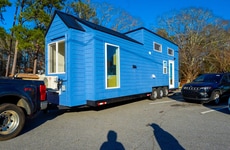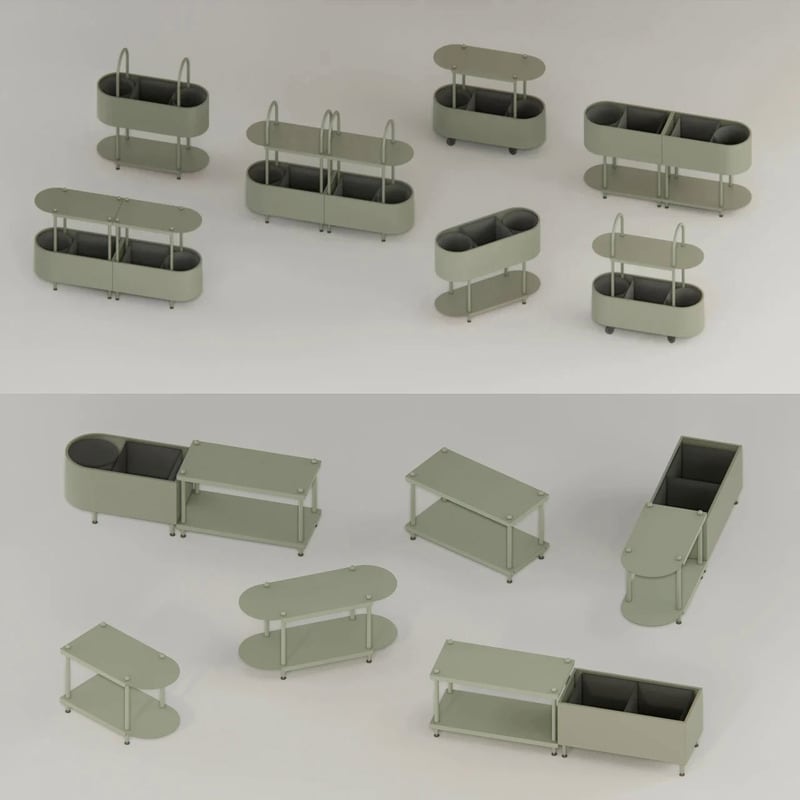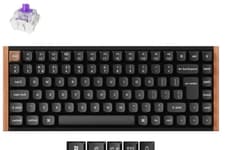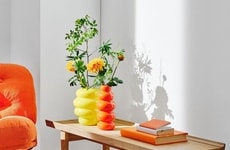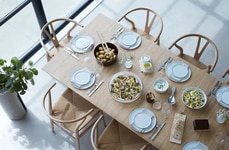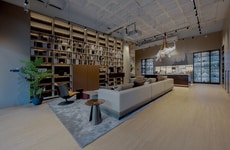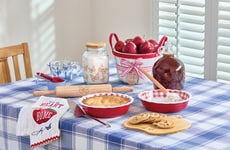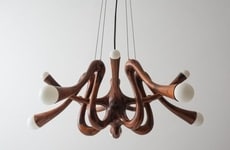
Bujnie's Loopo System Reimagines Living Environments
Amy Duong — March 27, 2025 — Art & Design
References: bujnie.pl
Bujnie designs the Loopo system of modular furniture which addresses the challenges of interacting with our everchanging living environments. It is inspired by the mathematical concept of loops, which are patterns that would infinitely repeat with endless variations. The collection takes rigid interior aesthetics and turns that into a fluid and adaptable experience.
Each section in the system plays its own role in becoming a building block that could be reconfigured and combined repeatedly. This creates an endless range of functions without needing to purchase new materials or alter the manufacturing process. The simplicity is also notable as it has a chameleon-like capability. It does not rely on any special tools or knowledge, only connecting intuitively with minimal effort.
Image Credit: Bujnie
Each section in the system plays its own role in becoming a building block that could be reconfigured and combined repeatedly. This creates an endless range of functions without needing to purchase new materials or alter the manufacturing process. The simplicity is also notable as it has a chameleon-like capability. It does not rely on any special tools or knowledge, only connecting intuitively with minimal effort.
Image Credit: Bujnie
Trend Themes
1. Modular Living Solutions - The rise of modular living solutions offers flexibility for constantly changing environments, enabling consumers to adapt spaces without extensive reconfiguration costs.
2. Mathematically-inspired Design - Designs inspired by mathematical concepts, like loops, provide innovative frameworks for creating products with infinitely adaptable functionalities.
3. Minimalist Adaptability - Products featuring minimalist, adaptable designs allow users to achieve functional transformations with ease, supporting versatile lifestyles.
Industry Implications
1. Furniture Manufacturing - The furniture manufacturing industry is experiencing a shift towards modular systems that simplify customization, reducing the need for new production runs.
2. Interior Design - Interior design is embracing adaptable, modular furniture concepts to create dynamic and personalized spaces that cater to individual needs without extensive redesign.
3. Sustainable Home Solutions - Sustainable home solutions are being driven by modular systems that minimize material waste by allowing multiple configurations and long-term usability.
6.4
Score
Popularity
Activity
Freshness


